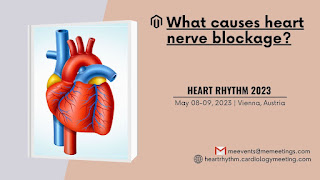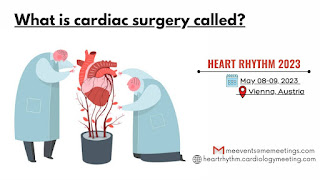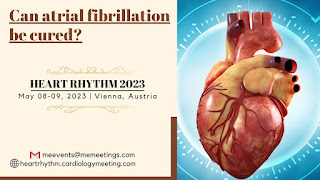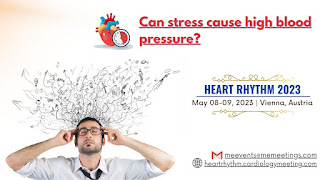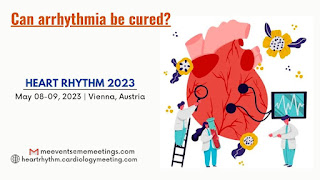Is vascular disease painful?
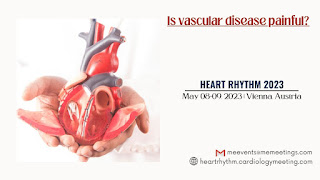
Vascular pain is discomfort caused by circulatory problems. It could be vascular pain if you have unexplained leg discomfort or heaviness. It most commonly affects your lower legs or ankles, although it can also affect your arms or hands. Vascular claudication is another term for vascular discomfort in the legs. Vascular discomfort is less prevalent in your arms, but it still affects about one out of every ten people. Vascular discomfort is frequently described as a heaviness or throbbing sensation. It can also feel like a dull ache. It usually affects your legs and gets worse when you walk or exert yourself. Vascular pain is more common in people who have vascular disorders. Adults over the age of 50 are more likely to have vascular disease, as are those who: Are pregnant. Have a family history of vascular disease. Have obesity. Have other conditions that affect their blood vessels, such as diabetes or high blood pressure (hypertension). Live a sedentary (low activity) lifestyle. Si...
